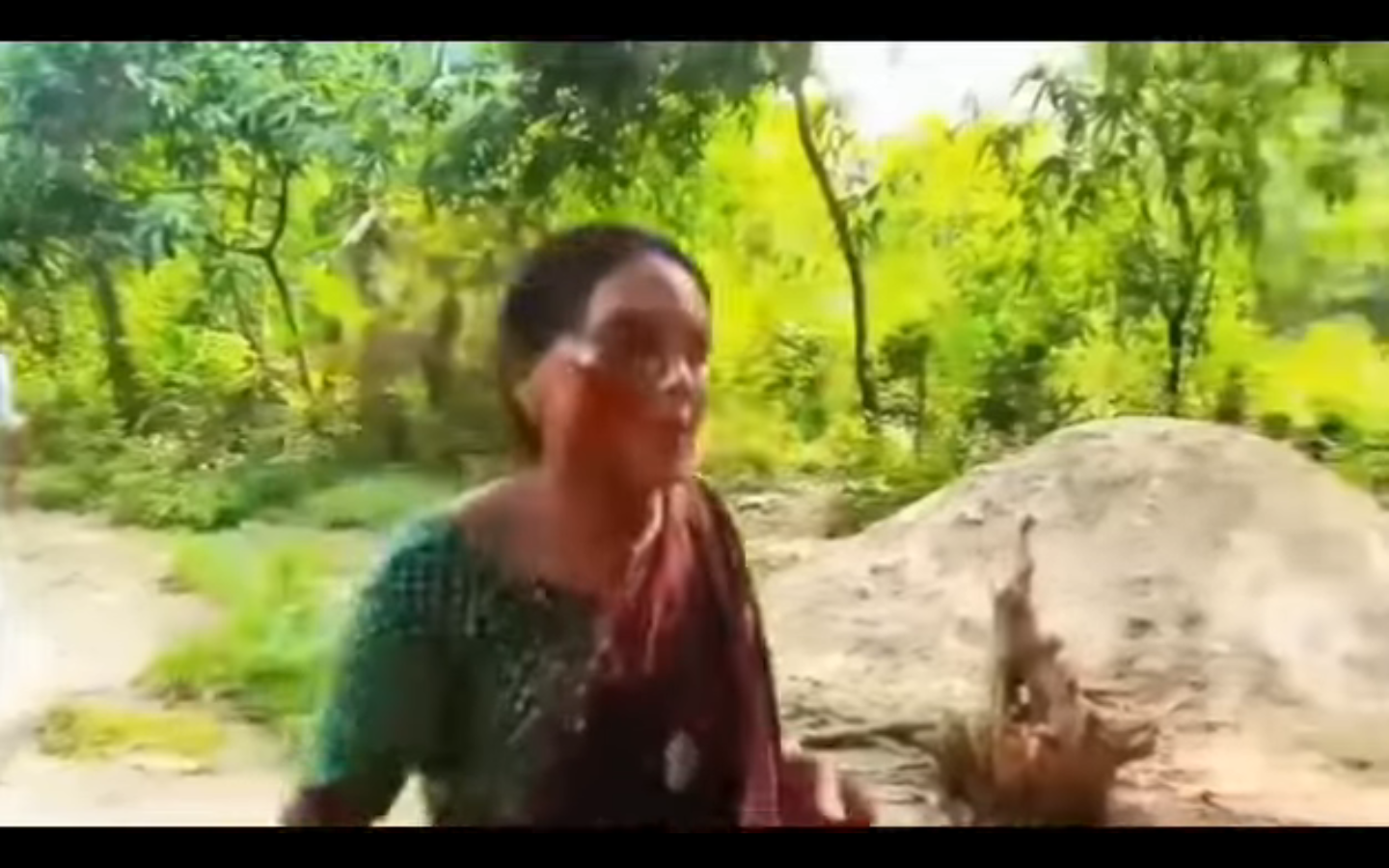Minority communities in Bangladesh are facing growing threats, but these issues remain largely concealed from the public eye due to stringent restrictions placed on the media. While various groups, including religious, ethnic, and indigenous minorities, are experiencing increasing levels of violence, discrimination, and persecution, the lack of independent journalism and government-imposed censorship have made it difficult for these injustices to gain widespread attention. The media, heavily monitored and controlled, is often unable to report on the full extent of the abuses, leaving many of these communities vulnerable and their struggles unheard. As a result, the true scale of the threats faced by minorities in the country remains obscured, with their suffering silenced by oppressive measures that stifle free expression and limit the flow of information.
In many cases, the suffering is compounded by the lack of accountability. International bodies may fail to intervene or investigate, and those in power may turn a blind eye to the horrors being perpetrated. The trauma is generational, as children of victims often grow up in the same climate of fear, with their futures dimmed by the oppressive forces that control their communities.
